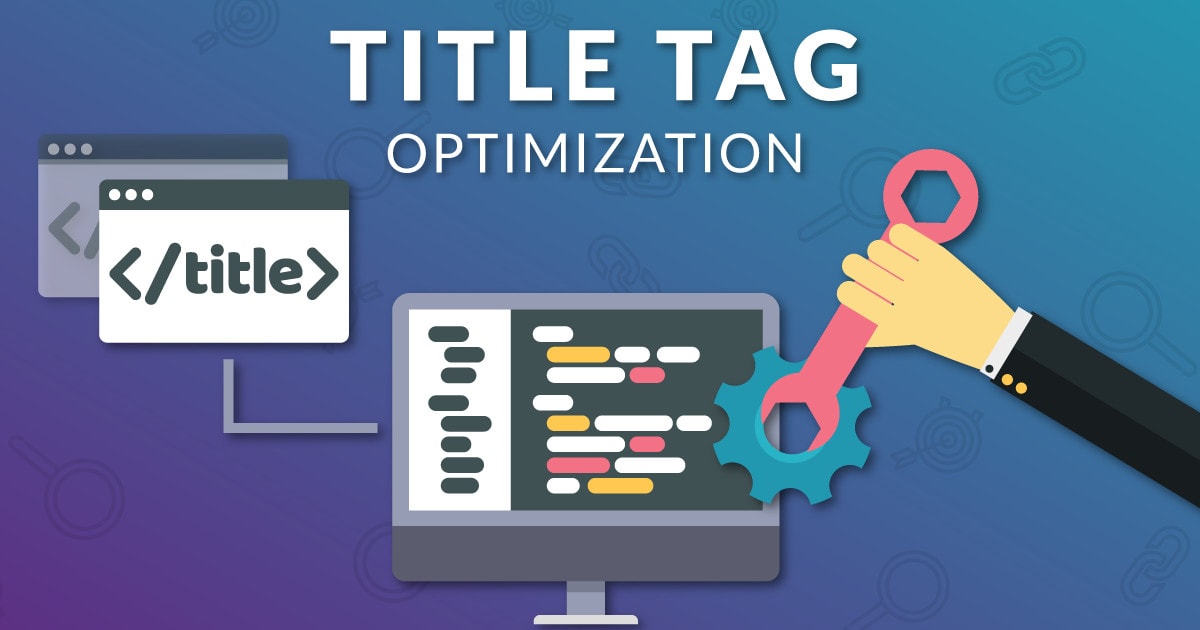Is It Better For SEO To Have Your Blog Onsite Or Offsite? SEO Pros Weigh In
Is It Better For SEO To Have Your Blog Onsite Or Offsite? SEO Pros Weigh In
The topic of whether or not to keep your blog onsite or hosted externally has been the subject of much debate in the SEO industry, and some even say that it can hinder your site’s visibility in search results over time if you choose the wrong option. Luckily, we’ve done all the hard work for you, and interviewed many experts in the field so that you can find out which option will work best for your website and your business moving forward. Here’s what they had to say…
The Importance of Having Blog Onsite And Offsite
Like many of you, I’ve had many different businesses over my career. One thing that has helped me in almost every single one of them is blogging. There’s a lot of confusion out there right now about having your own website and whether or not it’s necessary to have your own domain name, but what most people fail to realize is that you’re actually trying to build a brand with your business. Not just sell products (which is important as well). This means that you need to be found by clients on search engines such as Google and Bing so they can find you when they’re searching for information related to your business niche. The easiest way to do that is by having your own site and getting good SEO (search engine optimization) done on it.
-
Onsite Blog Builds Links To Your Main Website
Site-hosted blogs are more powerful because they act as a directory to your site. While you’re writing content, you also get an opportunity to link to different pages on your main website in order to build up quality backlinks. This is a valuable way of gaining positive search engine attention for your site and boosting its authority with Google (and other search engines). You should make it a point to include internal links in every single one of your posts, not just when you mention different brands or services. This is another thing that sets in-house blogs apart from their hosted counterparts.
-
Having Your Blog On-Site Supports Internal Linking
When your site’s main pages exist in a silo, it’s easy to link internally to relevant content on those pages. If you host your blogs off-site and link back to them, you have to update your links every time you change them—which can be a pain for both you and Googlebot. Ideally, you should try to include as many related pieces of content in each post as possible so people don’t need to leave your site; still, linking off-site shouldn’t keep you from focusing on quality, valuable material that adds value. Writing long-form posts full of relevant information will always help with SEO, regardless of whether or not they’re hosted on- or off-site.
-
It Increases Your Opportunities To Rank For More Keywords
If you’re moving your content to a new URL, make sure it meets keyword relevance and search intent. The key is to optimize your page so that it attracts relevant search traffic and doesn’t break any SEO best practices. It’s also important to note that having an off-site blog can increase your opportunity for ranking organically; Google puts more stock in authoritative links found on external sites rather than self-owned sites. So, if you want people looking for SEO Alberta to find your company website organically, then it might be a good idea to remove all SEO-related content from your own domain and let someone else handle hosting those resources on their site.
The Final Verdict
If your website has a high number of user-generated pages and posts, it’s better to put your content on an off-site host. This will help Google see that you have quality content—while also making sure that you don’t neglect your main website.









